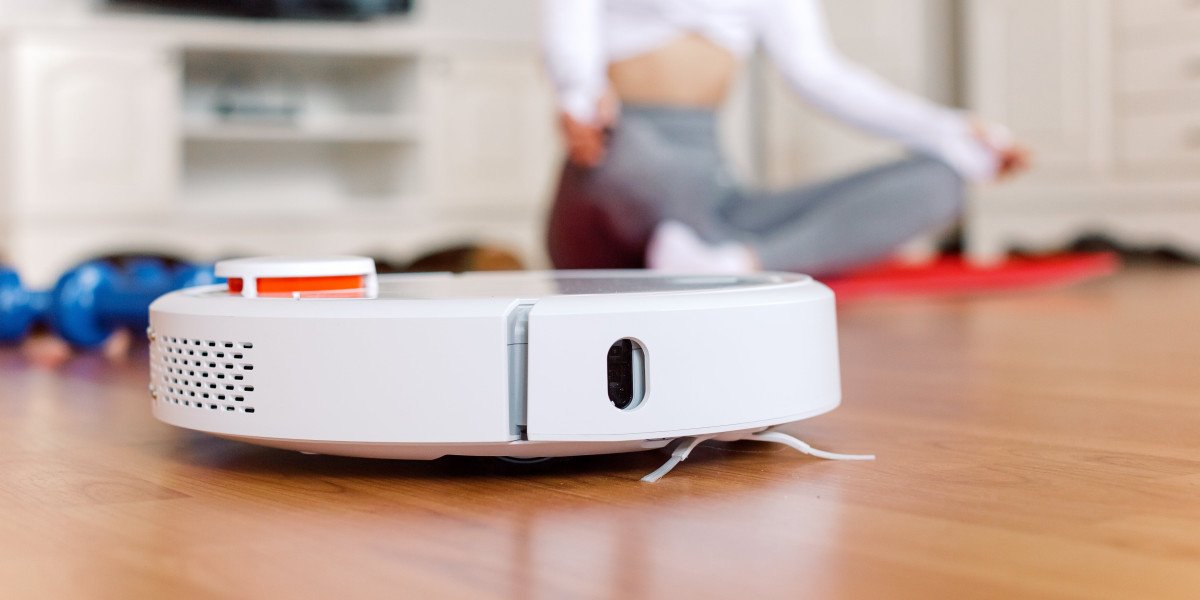To avoid allergic reactions to cosmetic raw materials, you can take several proactive steps to minimize the risk. Here are some detailed tips based on the latest information:
1. Identify Common Allergens
- Fragrances: Fragrances are a common cause of allergic reactions. Look for products labeled "fragrance-free" or "hypoallergenic" to reduce the risk.
- Preservatives: Ingredients like formaldehyde, methylisothiazolinone (MIT), and methylchloroisothiazolinone (CMIT) can cause irritation. Opt for products with natural preservatives like vitamin E or rosemary extract.
- Dyes/Color Additives: Certain dyes, such as p-phenylenediamine (PPD) in hair dyes, can cause allergic reactions. Always do a patch test before using.
- Metals: Nickel and gold are common allergens found in some cosmetics. Look for products labeled "nickel-controlled" or avoid metallic and glittery makeup.
2. Read Labels Carefully
- Ingredient Panels: Always read the ingredient list on cosmetic products. Avoid products that contain known allergens. Terms like "hypoallergenic," "fragrance-free," or "for sensitive skin" do not guarantee the absence of allergens.
- Check for Specific Ingredients: Look out for specific allergens like "parfum" (fragrance), formaldehyde-releasing agents, and coal tar.
3. Patch Testing
- Before Use: Before using any new cosmetic raw materials, do a patch test. Apply a small amount to the inside of your elbow and wait 48 to 72 hours. If you experience redness, itching, or swelling, avoid using that product.
4. Choose Products Wisely
- Hypoallergenic Products: Opt for products specifically formulated for sensitive skin. These are less likely to cause allergic reactions.
- Fragrance-Free Products: Choose products that are truly fragrance-free, not just unscented.
5. Consult a Dermatologist
- Patch Testing: If you suspect an allergy, consult a dermatologist for a patch test. This can help identify specific allergens you should avoid.
- Personalized Advice: A dermatologist can provide tailored advice and recommend products that are safe for your skin.
6. Avoid Common Irritants
- Natural Rubber: Avoid products containing natural rubber latex, such as hair bonding adhesives and eyelash adhesives.
- Synthetic Fabrics: Wear natural fibers like cotton and avoid tight-fitting synthetic clothing that can cause friction.
7. Additional Tips
- Wash Hands: Always wash your hands before applying any skincare products to avoid introducing allergens.
- Check Expiry Dates: Ensure that your cosmetic products are not expired and follow storage instructions.
- Protective Barriers: Use protective creams or gloves when handling products that may contain allergens.
By being vigilant about the ingredients in your cosmetic raw materials and taking preventive measures, you can significantly reduce the risk of allergic reactions. If you experience persistent or severe reactions, always seek medical advice.








